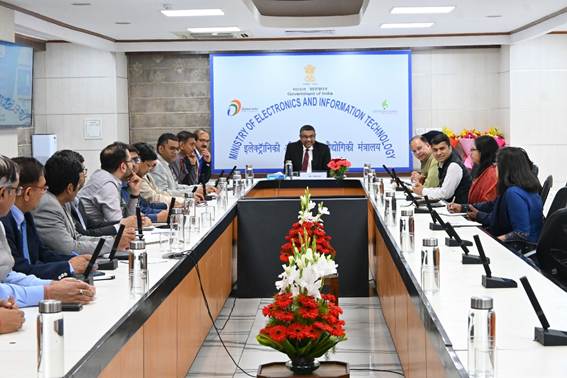A new report by BofA Global Research has highlighted that Battery Energy Storage Systems (BESS) are the biggest challenge in meeting net-zero emission targets by 2050. The transition to a net-zero emission world requires a major transformation of energy systems, shifting away from fossil fuels to renewable sources such as solar, wind, and hydroelectric power. However, the inherent intermittency of these renewable energy sources poses significant challenges.
Solar power generation, for instance, relies on sunlight, meaning no energy is produced during the night and output declines on cloudy days. Similarly, wind energy generation varies based on wind speed, resulting in fluctuations in power output. Unlike fossil fuel power plants, both solar and wind energy systems cannot be turned on or off at will to match electricity demand, which can destabilize the power grid.
To address these issues, the report emphasizes the need for energy storage systems like batteries, which are crucial for maintaining grid stability, balancing supply and demand, and enabling the efficient use of renewable energy. These systems are also essential for reducing reliance on fossil fuel backups.
The International Energy Agency (IEA) has set a target to triple renewable energy capacity by 2030, which will require energy solutions like BESS to manage the intermittency of solar and wind power. The IEA aims to increase renewable energy capacity to 10,000 GW by 2030, up from 4,244 GW in 2023.
However, the development of BESS faces significant challenges, particularly regarding raw materials and recycling. Key materials such as lithium, cobalt, and nickel are essential for battery production, and securing a stable supply of these materials is a major concern. The EU and the US are heavily reliant on a limited number of suppliers, making the diversification of supply chains increasingly important.
In response to environmental concerns, both the EU and the US are introducing regulations to promote a circular economy and recover critical materials. By the end of 2027, the EU aims to recover 50% of lithium and 90% of cobalt, copper, lead, and nickel from waste batteries.
Asia is expected to lead the global Battery Energy Storage System market, with projected investments reaching up to USD 150 billion by 2030. Currently, 336 companies are active in the sector, with the top 10 companies accounting for 61% of the total storage capacity.
At COP28 in Dubai, around 200 governments agreed to a collective goal of tripling renewable energy capacity by 2030 while also doubling progress on energy efficiency.
The global BESS market is projected to reach at least 520 Wh by 2030, growing at a compound annual growth rate (CAGR) of over 21% from 2024. Asia is expected to dominate the market, accounting for 46% of global installations.
(With ANI inputs)




















